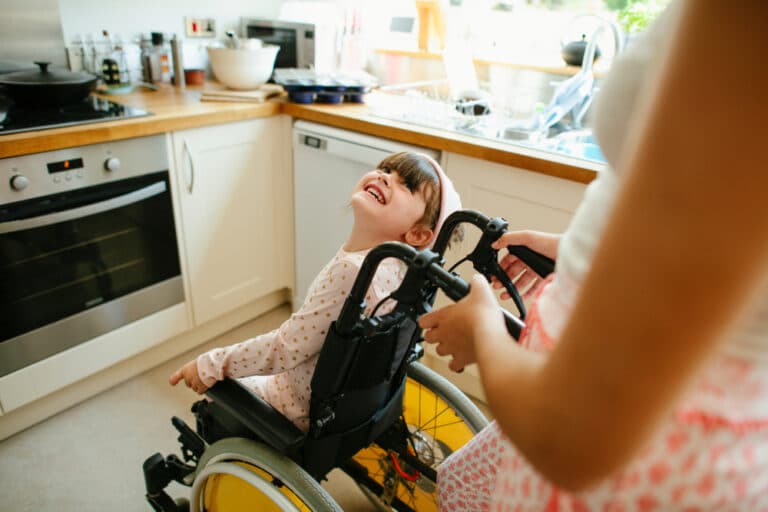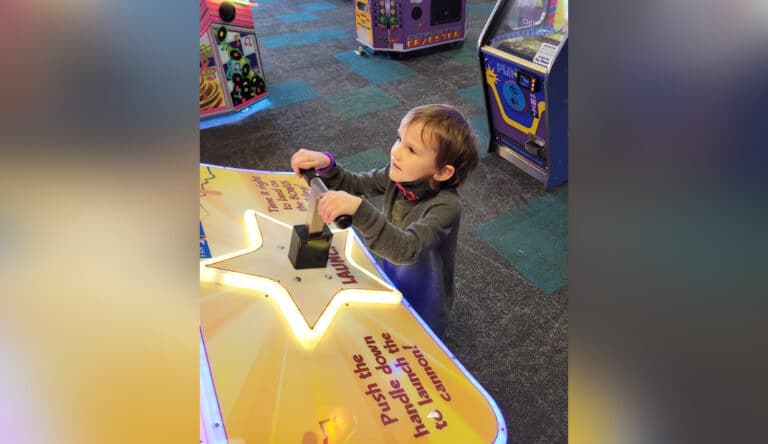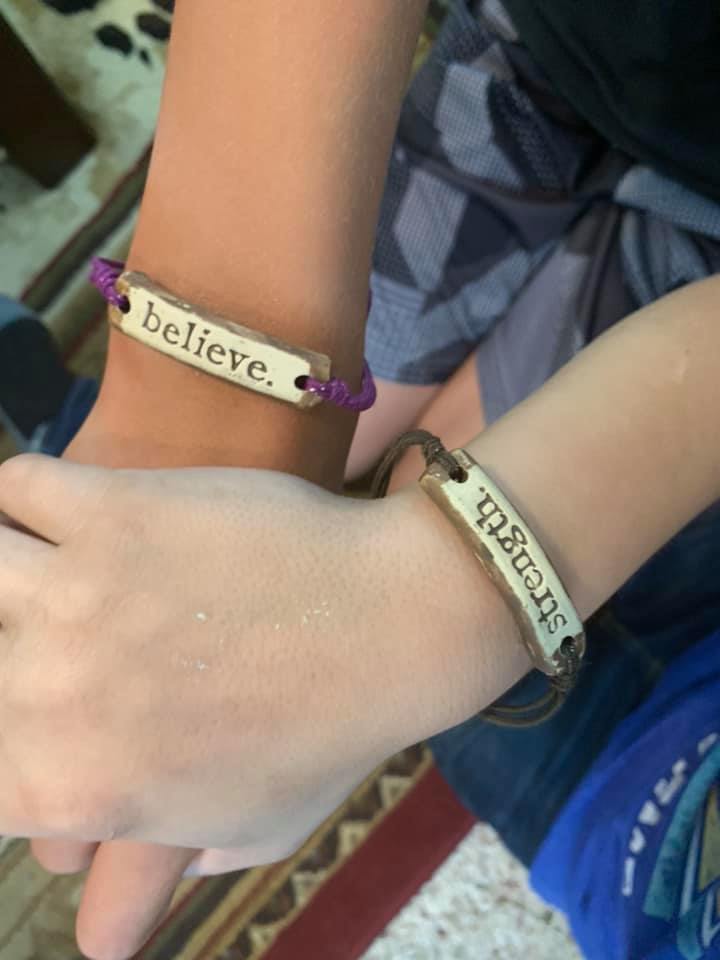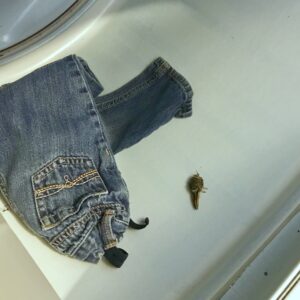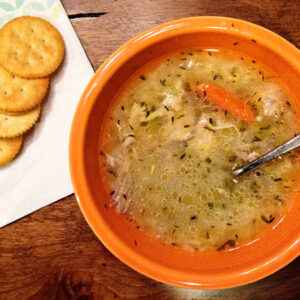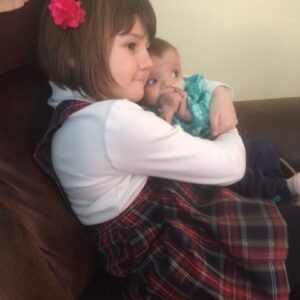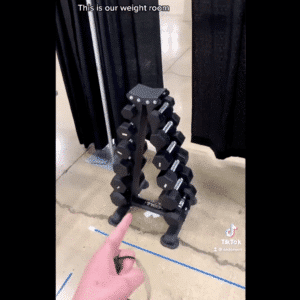It was Saturday afternoon and everything seemed on track for the upcoming teddy bear tea party at our local library. But before we left, my 5-year-old, JJ, needed a few finishing touches. So, I tied the sash of the sparkly pink dress she had chosen and fastened two pink bows around her curly golden pigtails. After a quick peek in the mirror, she squealed with delight. JJ had been excited about the event all week and wanted to look her best.
As I rolled JJ’s wheelchair into the event room, I knew we didn’t make a traditional duo. I had a backpack laden with supplies, JJ was pushing buttons on her speech device, and the whirr of her feeding tube filled the air. But I wasn’t worried. Wherever I went with my daughter, she seemed to garner compliments—both on her oversized hair bows and her sunny smile.
However, as parents and their children drifted into the room, I noticed an alarming trend: Everyone was choosing to sit as far away from us as possible. Finally, when all other tables were full, people found their way to ours. But even then, they turned their bodies away and avoided eye contact.
RELATED: Mine Is the Child In a Wheelchair—Please Don’t Be Afraid of Her
Next to me, JJ went quiet, looking at me with a question in her eyes. Where were the usual compliments on her adorableness? In this room full of strangers there was none of the joyous energy we were used to feeling in our neighborhood and at her school. It was as though we didn’t exist. From there, things only got worse.
JJ’s swallow function doesn’t make it safe for her to consume certain things, so I had to turn down the lemonade and cookies offered to us. Because she is nonverbal and cannot control her hands, she uses a slow and laborious eye-gaze device to communicate. When the other children shouted out their contributions to a group discussion, JJ’s voice went unheard. When it came time to do an art project, she wasn’t able to manipulate the stickers and glue sticks on her own. Instead, I had to do it for her.
Through all of this, the other attendees continued to pretend like we weren’t there. Finally, after what felt like an eternity, one little girl acknowledged JJ and tried to strike up a conversation. But it was too little, too late. JJ was done—a meltdown imminent.
As I wheeled my screaming daughter from the room, I realized what we must look like from the outside. To the other attendees, it probably seemed as though we were leaving because JJ felt tired, became overstimulated, or was in some kind of pain. No one but me had any idea that JJ’s wails were a direct consequence of how she had just been treated. Part of my daughter was frustrated because of what her body struggled to do, but most of her had simply wanted to feel seen and included.
Though her communication is limited, JJ is extremely bright and emotionally aware. Recently, she had been complaining about feeling “different” and “jealous” of other children. I knew I had to do damage control before she internalized too much of what had happened. So, once she calmed down, I pointed out how little the people in that room had known about the good things in her life. My daughter has a sharp mind, a wonderful sense of humor, caring helpers, a loving family, welcoming neighbors, and an inclusive school.
RELATED: Teach Your Kids to Be Kind to Those Who Are Different from Them
As I listed all of these positives, my daughter’s face brightened, and she smiled. Then she went to the keyboard function on her device, put on the caps lock, and typed out a sentence. The moment I read it, I knew she was going to be okay. YOU IS ONE GOOD THING, she told me. Once I swallowed down the lump in my throat, I thanked her for the compliment.
That day of the tea party showed me just how much our children model their attitudes and behaviors on what they see us doing. If we act as though someone is frightening or invisible, our children will too. But if we openly acknowledge all the people in the room, our children learn it’s okay to be open and curious about the differences they see in others.
If we choose to walk by someone who is different without acknowledging them, we’ll never know how high the stakes are. It could be no big deal. But it could just as easily contribute to feelings of invisibility. If we make eye contact, smile, wave, or even sit down next to them, then we recognize they are there and their presence matters. And those are pretty good things on anyone’s list.

If you liked this, you'll love our book, SO GOD MADE A MOTHER available now!
Order NowCheck out our new Keepsake Companion Journal that pairs with our So God Made a Mother book!
Order Now


